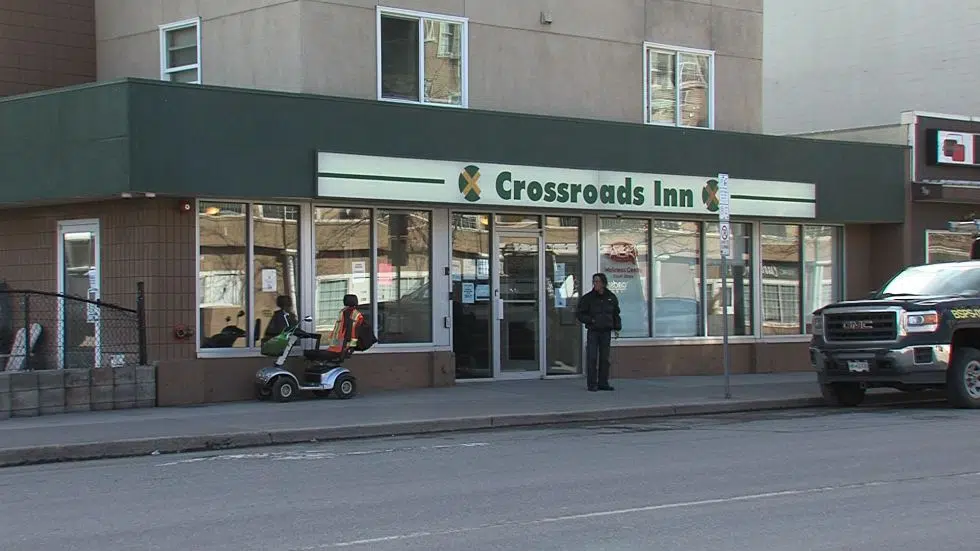
Crossroads Inn changes mean more people living on the streets
KAMLOOPS — New rules at a popular ‘transitional housing’ site in Kamloops could mean more homeless people ending up on the streets.
The Crossroads Inn, run by Ask Wellness, has been a hub for some of the city’s most vulnerable, and recently the number of people with complex and intense health issues, has increased. That has put immense pressure on the 24 hour staff, created issues in the community and has forced Ask Wellness to tighten restrictions on who is allowed into the 15 transitional spaces.
“We have too many folks that are really not well, struggling with addictions, very complex behavioural issues, and you combine that with the fact we’re providing supervised consumption services through the partnership with Interior Health, and distributing harm reduction materials, we just got to a point and said we can’t do all of this out of one facility,” says Ask Wellness Executive Director Bob Hughes. “We’re negatively impacting the neighbourhood and these are some of the corrective steps we have to take, and that includes putting a hold on bringing in those folks that are really challenging.”


